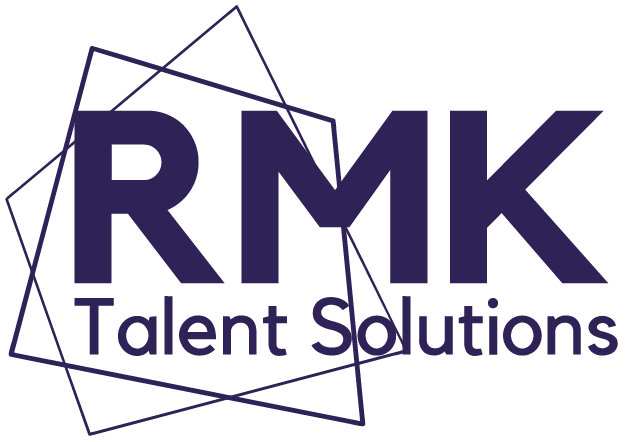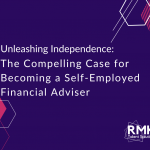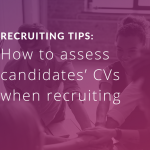Should you treat a telephone interview like any other interview?
In short, the answer is no, you shouldn’t treat a telephone interview the same as say a face to face interview. There will be things that are required for both a face to face and a telephone interview, and there will also be some unique things to be aware of for a telephone interview. Your initial impression may be that a telephone interview will be a doddle compared to a face to face and that it’s an easy alternative, nothing could be further from the truth.
With as many as 70 applicants for every financial services job currently on the market, employers and recruitment partners are using telephone interviews on a more frequent basis. Holding a number of initial telephone interviews saves an organisation huge amounts of time and helps to ensure that those that are invited in for a face to face interview have already been thoroughly screened.
So how is a telephone interview different? And what should you be aware of?
Practicalities
- Who will call who? Will it be at a set time or is it more of an open invitation? It’s best to arrange a specific time to speak and make sure you are aware of how long the call is likely to last. Make sure you know who you will be talking to and if anyone else will be on the call via a conference call facility.
- Provide a primary and secondary contact number if possible. If for whatever reason they can’t reach you on your primary number you’ll have a backup.
- Make sure your voicemail is professional just in case their call doesn’t get through. “Hi, it’s Ian. I’m in the pub or the bookies so call back later” won’t leave a good impression!
- Are you in a room where you can’t be disturbed? If you are taking the call at home, the last thing an interviewer wants to hear are the kids screaming, the lawn mower roaring or the dog barking in the background.
- Check your mobile signal to ensure it is crystal clear and there is little chance of the signal dropping. If your signal is temperamental, use a land line instead or find another location.
- Make sure the battery on the phone is fully charged and have a charger at the ready just in case.
- Focus completely on the call and do not get distracted by checking Facebook, twitter or making your lunch!
Preparation
- Prepare as thoroughly as you would for a face to face. Check out who is interviewing you using LinkedIn for example, research the company and the role and understand any issues or problems they currently face
- Have your CV, the role profile, research notes and questions you want to ask to hand. You have an advantage here when compared to a face to face as you can have all the notes and research material you want in front of you.
- Check through the practical issues above
- Have a glass of water to hand, you’ll still likely get nervous causing dry mouth syndrome where the insides of your cheeks feel glued together!
During the call
- Try and smile as you listen and as you talk. A disadvantage of a telephone interview is that there is no visual body language to show or feed off. Smiling as you talk will encourage your voice to sound friendly yet strong and confident.
- Another good tip is to stand and perhaps pace as you talk. This will open up your diaphragm and make your voice smother and clearer.
- If you are naturally a fast talker then make a conscious effort to slow down. The interviewer will not be able to lip read you, if they can’t understand what you are saying, you are unlikely to progress to the next stage
- Use pitch – pace – pause to add variety and interest to your voice. As mentioned, you cannot demonstrate visually your excitement and passion but you can use your voice to. Vary the pitch to highlight key facts. Slow the pace down to emphasise a certain phrase. Pause to give effect and make a point.
- Answer questions succinctly and to the point. It may help to write the question down as it’s asked so that you can refer to it and help keep you on track and stop you from digressing.
- Do not eat or chew gum. The interviewer will hear this and they’ll stop listening to what you are saying and just listen to the constant chew chew chew, crunch, crunch, chew.
- If you are on your mobile, silence the landline, if you are on the landline, silence your mobile
After the call
- Finish on a professional note, thank them for their time, ask them what to expect next and ask if there is anything that you can clarify or expand upon at this stage.
- Do not ask about salary or benefits at a telephone interview ever.
- If you have their email address, it’s polite to send a short email just thanking the interviewer for their time and that you look forward to hearing from them soon. Say no more than that. Don’t send an email reiterating why you are the best person for the job etc. This will come across as desperate.
- Review your notes as this will help you prepare for the face to face stage





